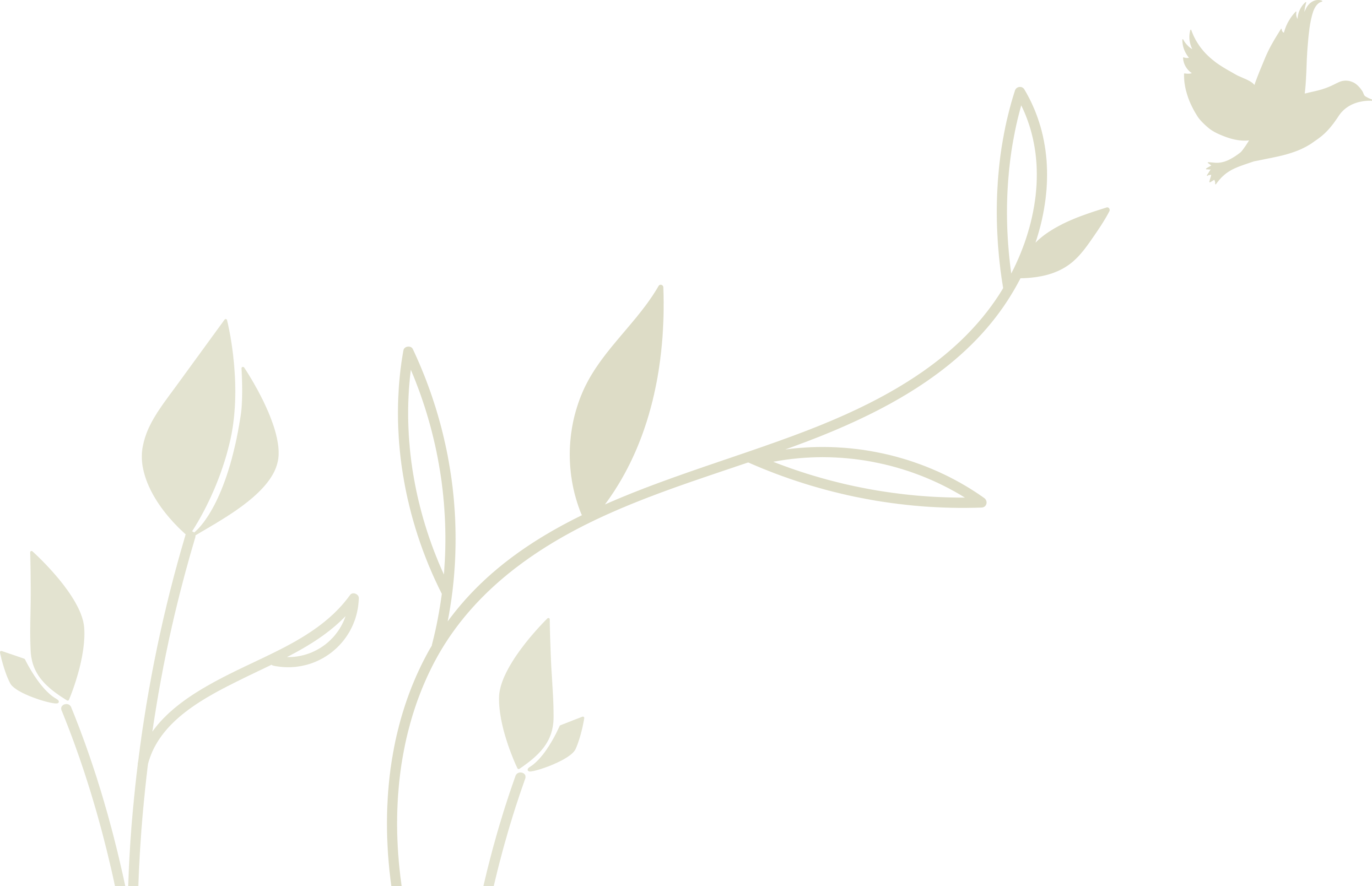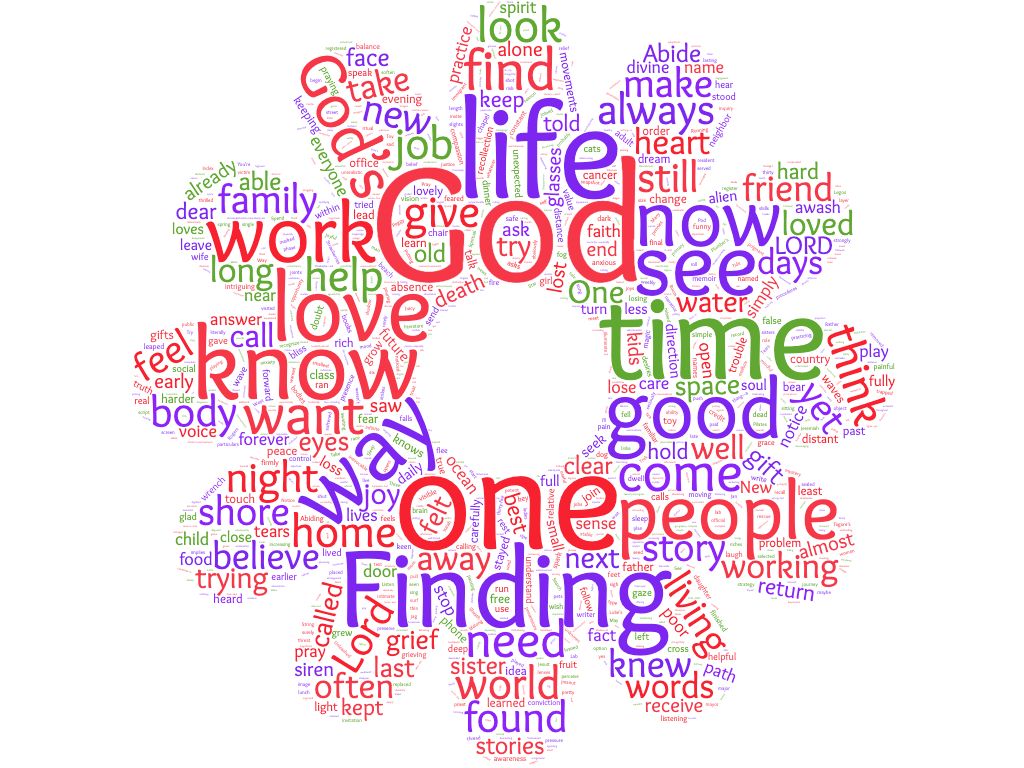During last Sunday’s homily, Fr. Tim Lyons drew my attention to something in Mark’s Gospel that I’d never noticed before.
The healing of Bartimaeus is a deeply familiar tale–despite my having misspelled the man’s name in the manuscript of Finding God Abiding. (Thank God for copy editors!) Until now, however, I’ve always focused more on Jesus than on the man in need of healing.
I love the Lord’s courtesy in this story–asking the blind beggar, “What do you want me to do for you?” as if it’s not obvious. Jesus acknowledges that there could be something Bartimaeus wants more than sight. Maybe his mother is ill and he needs money for her care. Maybe he longs for a special someone to see him and return his affections. Why should we assume we know the deepest desire of his heart, if even Jesus politely asks? For that matter, why should we be so sure we know what anyone needs or wants, if we haven’t bothered to inquire?
That’s not where Fr. Tim went, however. Instead, he focused on the action of Bartimaeus, who “threw aside his cloak, sprang up, and came to Jesus.” Taking off his chasuble, Fr. Tim threw it to the ground several feet away, then asked: If you’re a blind man and you throw your cloak aside, how are you going to find it? What are you betting on?
What are you betting on; I love that! When Jesus says, at the end of the story, “Go your way; your faith has saved you,” maybe he’s not just talking about Bartimaeus’ persistent (and, to the crowd, annoying) cries for the Son of David’s attention. Maybe he’s not just praising the man’s willingness to voice his deepest desire and ask the impossible. Instead, maybe Jesus recognizes Bartimaeus’ saving faith in the very moment he throws aside his cloak–betting a true daily double on being given the sight to find it again.
“Master, I want to see,” Bartimaeus exclaims.
Do we? Want to see?
How clear do we want our vision to be? And what are we willing to throw aside to get it?
Right now, I’m reading Pope Francis’ pandemic-inspired book Let Us Dream: The Path to a Better Future. He divides the book into three sections: A Time to See ~ A Time to Choose ~ A Time to Act. In the first section, Francis suggests that there is something we need to do, if we want to see clearly. “You have to go to the edges of existence if you want to see the world as it is,” he insists. “I’ve always thought that the world looks clearer from the periphery, but in these last seven years as Pope, it has really hit home. You have to make for the margins if you want to find a new future” (p. 11).
This echoes something I recently read in Henri Nouwen’s Sabbatical Journey, in which he muses about the “new mysticism” of astronauts witnessing the big blue marble of Earth. “The observations made from outer space seem very similar to those made from ‘inner space.’ They both reveal the precariousness of life, the unity of the human family, and the responsibility of the ‘seer’” (p. 22).
So, how do we make for the margins, the periphery, the edges of existence–assuming we don’t have a spare million in the bank and Jeff Bezos on speed dial?
One way to do it is to peek through windows opened for us by writers, photographers, and journalists–anyone who can bring into clearer focus the reality of life beyond our personal bubble. They, too, can show us the precariousness of life, the unity of the human family, and the responsibility of those with eyes to see.
In just the first chapter of Let Us Dream, for example, Pope Francis takes us to a Rohingya refugee camp in Bangladesh and a shanty town in Argentina, to an island in the South Pacific being slowly obliterated by the rising seas of climate change and a small Italian village where fishermen are pulling tons of plastic refuse from the sea. Reading these stories and anticipating more in subsequent chapters I realized that, because Francis is Pope of the whole world, he doesn’t have the luxury of turning a blind eye anywhere. (How does he bear it?)
Where do we find such windows for ourselves? It could be as simple as being mindful about what we read and watch. With a little intentionality, we can resist the “click bait” of stories designed only to intensify our own echo chamber, pausing instead to absorb something that our initial impulse had nudged us to bypass.
Of course, we also make for the margins any time we create space for genuine encounter with someone whose life experience is significantly different from our own. In order to do that, however, we may need to throw some things aside. Preconceived notions. Assumptions of superiority. Any hope of remaining unmoved, unchallenged, unchanged. As I say in Finding God Abiding, “Sight requires proximity, but proximity is not enough. We need insight, and insight requires vulnerability.”
It’s not comfortable. Throw aside the protective cloak of privilege, and we may never find it again.
Or maybe, if we ask God for the grace to see clearly, we won’t need to.



